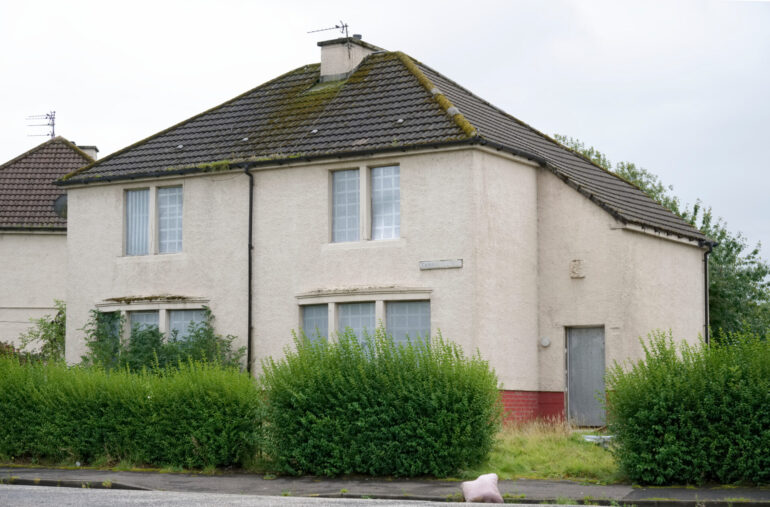There are currently over 50,000 long-term vacant homes in England alone, with more than 23,000 of these having been empty for more than two years, research from Open Property Group has revealed.
As the UK housing crisis deepens, the analysis by Open Property Group exposes a worrying surge in so-called “zombie homes” – properties that sit unoccupied and deteriorating while millions struggle to access affordable housing.
The research revealed that an estimated £13.6bn in total capital is tied up in long-term vacant housing.
In addition, the Group reported a 60% increase in enquiries from sellers of neglected or inherited homes in the past 12 months.
On a regional level, London boroughs and northern post-industrial towns had some of the highest concentrations of zombie homes.
Jason Harris-Cohen, director of Open Property Group, said: “While first-time buyers and renters are being priced out, we’re seeing a silent stockpile of empty homes quietly decaying across the UK.
“Many are caught in probate delays, legal disputes, or simply ignored by owners who don’t want to deal with maintenance and tax penalties.”
He added: “These figures are a stark reminder of the inefficiencies in our housing system. With over 50,000 homes sitting vacant, and more than 23,000 empty for over two years – it’s clear that valuable housing stock is being left to deteriorate while demand continues to soar.
“At Open Property Group, we’ve seen a significant rise in enquiries from people inheriting or struggling with neglected properties.
“Many are unsure how to proceed or are overwhelmed by the time, cost, and legal complexity involved.
“That’s where we come in, as a cash house buying company, providing a fast, professional route to unlock and repurpose these ‘zombie homes’ so they can re-enter the market and become homes again.”
Harris-Cohen concluded: “We urge local authorities and policymakers to go further — improve probate efficiency, enforce council tax penalties, and offer real incentives to bring unused properties back to life.
“Reintroducing even a fraction of these homes could ease pressure in the system and provide hope to many looking for somewhere to call home.”




